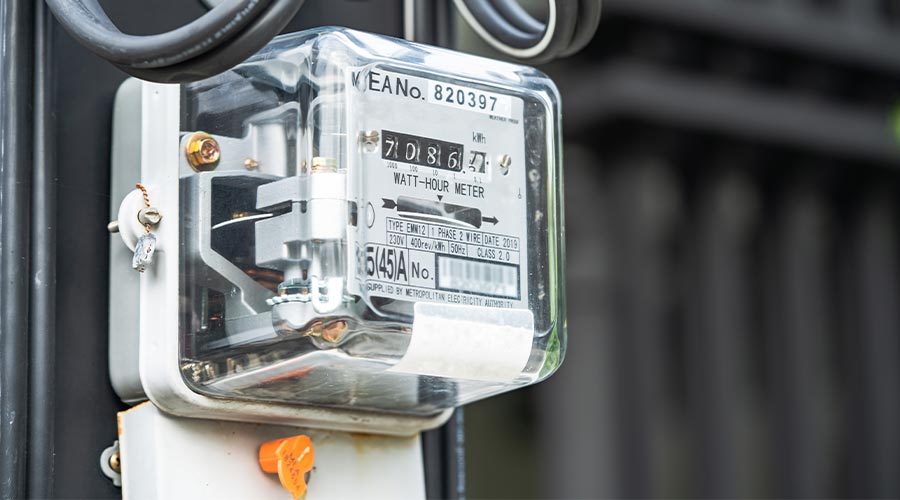Cogeneration Systems and Paybacks
As with other energy alternatives, payback periods for CHP may be long (e.g., seven or more years) and PPA terms may be even longer (15 to 20 years). It pays to consider what types of changes may occur at a facility during such extended periods of time.
If, for example, the existing boiler plant is replaced with a higher-efficiency system, shouldn’t the rule-of-thumb efficiency in the PPA be adjusted to match it?
And what happens if electric rates change sufficiently to make thermal storage for cooling cost effective? Such systems shift a significant part of the daily summer peak to night hours when power prices are much lower and the CHP system would likely be off. Could the CHP system then become oversized, the use of waste heat for cooling cease, and the vendor’s revenue reduced?
A process for addressing such what ifs should be built into a PPA or lease. If a CHP system is to be fully owned by a customer, the impact of such changes should be carefully considered before making the purchase. To do so, using an experienced independent energy analyst to review vendor technical proposals and advise on their contracts may turn out to be as good an investment as the CHP system itself.
A great deal of information on CHP is available through the Internet. Check out:
Click here to read details of the California CHP study
Lindsay Audin is president of EnergyWiz, an energy consulting firm based in Croton, N.Y. He is a contributing editor for Building Operating Management.
Related Topics:














